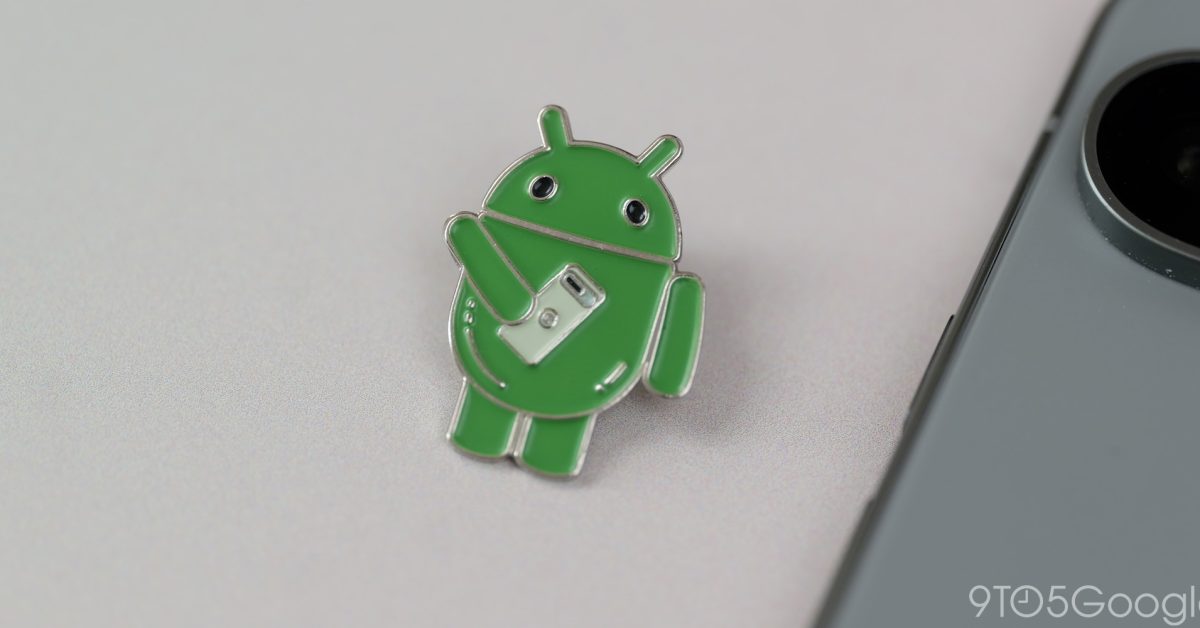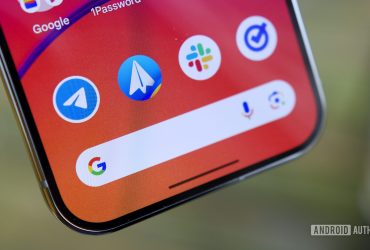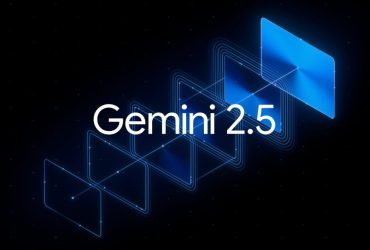

In recent months, Android has been adding support for a 16 KB page size that will boost performance, and Google is now introducing a support requirement for apps in the Play Store.
Historically, Android has been “built and optimized to run with a 4 KB page size.”
In most CPUs, dedicated hardware called memory management units (MMUs) translate addresses from what a program is using to a physical location in memory. This translation is done on a page-size basis. Every time a program needs more memory, the operating system needs to get involved and fill out a “page table” entry, assigning that piece of memory to a process. When the page size is 4 times larger, there is 4 times less bookkeeping. So, the system can spend more time making sure your videos look great, games play well, and applications run smoothly, and less time filling out low-level operating system paperwork.
As device OEMs add more RAM “to optimize performance,” they will adopt these larger page sizes. Android 15 added system support — by refactoring the OS to be page-size agnostic — for this “increased page size, ensuring your app can run on these evolving devices and benefit from the associated performance gains.” This is supported and available to test on the Pixel 8 and Pixel 9 series. This results in performance improvements like:
- Faster app launches: See improvements ranging from 3% to 30% for various apps.
- Improved battery usage: Experience an average gain of 4.5%.
- Quicker camera starts: Launch the camera 4.5% to 6.6% faster.
- Speedier system boot-ups: Boot Android devices approximately 8% faster.

Starting November 1st, 2025, Google Play will require that “all new apps and updates to existing” ones that target Android 15+ support 16 KB page sizes.
Without recompiling to support 16 KB pages, your app might not function correctly on these devices when they become more widely available in future Android releases.
Google says a “substantial number of apps are already compatible, so your app may already work seamlessly with this requirement.” The company expects minimal adjustments for other apps:
- Apps with no native code should be compatible without any changes at all.
- Apps using libraries or SDKs that contain native code may need to update these to a compatible version.
- Apps with native code may need to recompile with a more recent toolchain and check for any code with incompatible low level memory management.
Developers can check memory page size support in the Play Console:

Add 9to5Google to your Google News feed.
FTC: We use income earning auto affiliate links. More.
What’s your reaction?
Love0
Sad0
Happy0
Sleepy0
Angry0
Dead0
Wink0











Leave a Reply
View Comments